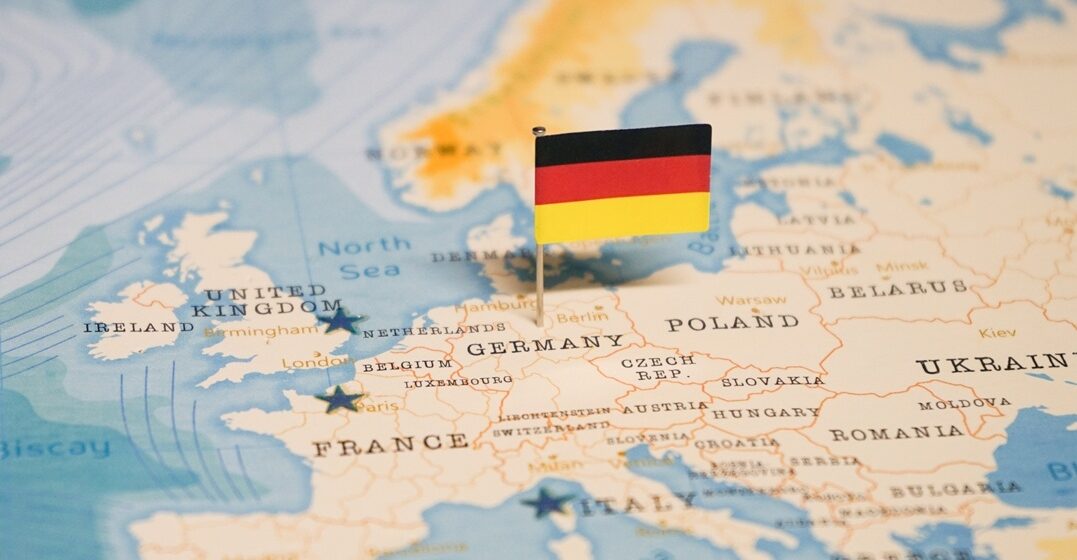Gun laws in Germany: 4 things to know

Germany is a nation of contradictions when it comes to guns. The gun laws in Germany strictly regulate who can own a gun and what type; however, the country also has a much higher rate of gun ownership than many other European nations. And while Germany isn’t anywhere near the United States in terms of gun ownership rates, it is certainly possible to obtain a firearm there.
So who can own a gun in Germany? What can they do with it? And what are the gun laws like in Germany vs. the US? Here are four things you need to know about German gun laws.
- Gun laws in Germany are strict
- There are quite a lot of guns in Germany
- Gun-related violence is rare
- Gun control in Germany
Learn languages at your pace
1. Gun laws in Germany are strict
In comparison to the US, German gun laws are fairly strict. Germans are not guaranteed the right to bear arms under their constitution. In fact, only three countries in the world guarantee their citizens this right: the US, Mexico, and Guatemala.
These are some of the conditions if you wish to own a gun in Germany:
You must:
- be 18 years of age
- demonstrate specialized knowledge (this is proved via State or other examinations around the safe handling and use of firearms)
- show reliability and personal aptitude (for example, you must not have been convicted of a crime or be dependent on any substances)
Anyone who is under 25 years of age and applying for their first gun license must also get a certificate of mental aptitude from a psychologist or public health officer.
There are several different types of permits depending on what type of gun you want to own and what you want to do with it. Generally, those who are most likely to be granted a permit to own a gun are hunters or those who use guns for sport. Hunters only need a hunting license (Jagdschein) to own a gun, as long as they use their firearm exclusively for hunting game.
Otherwise, if you want to buy or own a gun, you need a weapons possession card (Waffenbesitzkarte). Additionally, if you want to use or fire a loaded weapon, you need a weapons license (Waffenschein). Other permits are available for smaller firearms, too.
2. There are quite a lot of guns in Germany
According to a report from 2023, around one million people in Germany own at least one gun, and there are around five million guns in the country. Let’s put that into perspective with a few statistics:
| Country | Rate of gun ownership per 100,000 people (2019) |
| Germany | 19.6 |
| United Kingdom | 6.3 |
| Netherlands | 2.6 |
| United States | 120.5 |
As you can see from the table, the rate of gun ownership in Germany is significantly higher than in the UK and the Netherlands, two relatively similar European countries. However, it’s far below the rate seen in the US.
Learn languages at your pace
3. Gun-related violence is rare
Despite the comparatively high levels of gun ownership in Germany, homicide by firearm is not common. Let’s bring our table back and add a column.
| Country | Rate of gun ownership per 100,000 people (2019) | Gun-related homicide rate per 100,000 people (2019) |
| Germany | 19.6 | 0.1 |
| United Kingdom | 6.3 | 0 |
| Netherlands | 2.6 | 0.2 |
| United States | 120.5 | 4.1 |
The three European countries in our table all have similarly low rates of gun-related homicide, despite having different rates of gun ownership.
Sadly, Germany has experienced several mass shootings in the past two decades, including the 2002 shooting at a high school in Erfurt, in which 17 people died, and the 2023 shooting at a Jehovah’s Witness hall in Hamburg that killed seven people. However, there are far fewer mass shootings in Germany than in the US, where in 2022 alone, 647 people were killed or injured in mass shootings.
4. Gun control in Germany
In recent years, Germany has introduced several gun control measures, tightening the laws. In response to a shooting in 2009, the government introduced spot checks on gun owners to ensure they were complying with storage regulations. In 2020, German law was amended to incorporate the 2015 European Union firearms directive, which includes a ban on certain semi-automatic firearms. There have also been calls to tighten the laws further since the shooting in 2023.
Learn more about German gun laws
Germany’s comprehensive system is designed to prioritize public safety and minimize gun-related violence. The restrictions on ownership and usage, low rates of gun-related violence, and emphasis on psychological testing collectively contribute to Germany's success in maintaining a society with relatively little gun crime, despite having a higher rate of ownership than many other European countries. You can learn more about gun ownership in Germany at bund.de (in German.)













